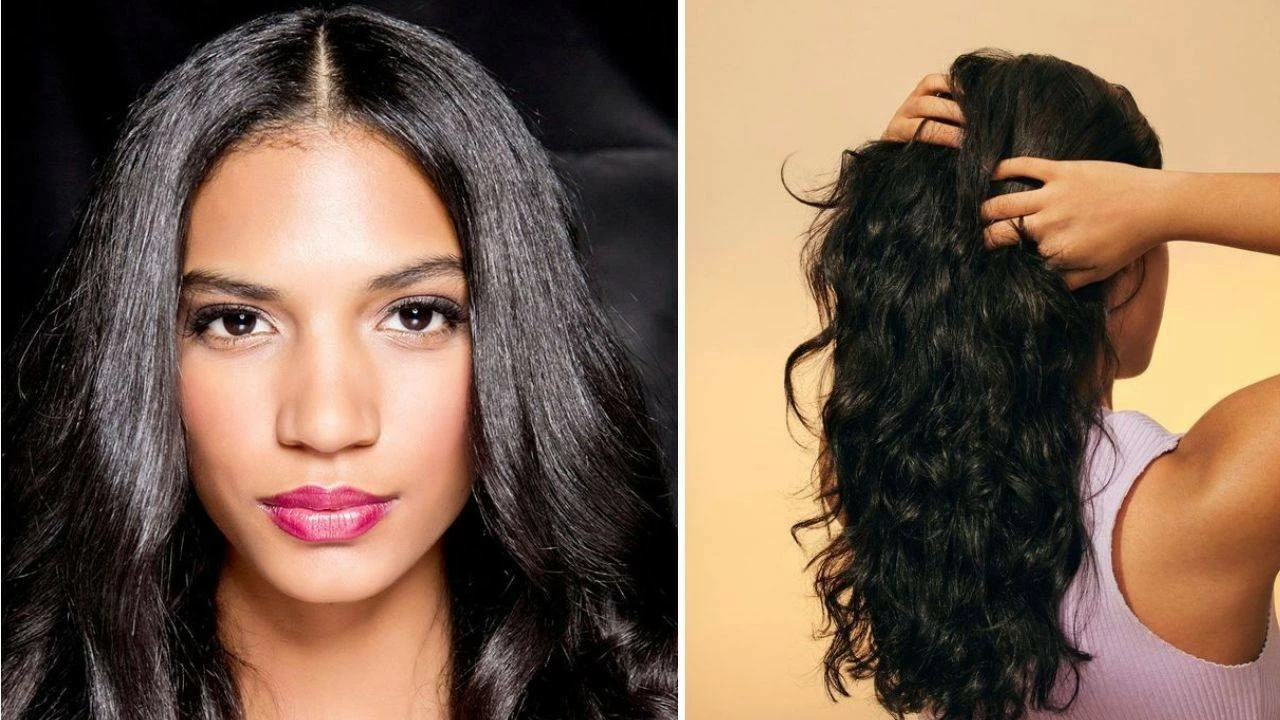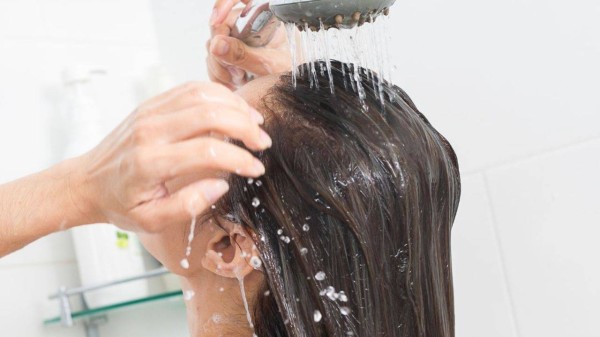

By signing in or creating an account, you agree with Associated Broadcasting Company's Terms & Conditions and Privacy Policy.


By signing in or creating an account, you agree with Associated Broadcasting Company's Terms & Conditions and Privacy Policy.

New Delhi: You shampoo in the morning and your scalp feels greasy by evening, yet your hair ends are frizzy, brittle or dry. Sounds familiar? You’re not alone. Many women struggle with the tricky combination of oily scalp and dry hair ends, especially in urban environments where pollution, stress and styling are part of daily life. This condition happens when your scalp produces an excessive amount of sebum oil. This makes the roots of your hair oily, and hair ends remain dry and damaged due to a lack of moisture.
In a hair care routine, brushes also play a crucial role in evenly distributing your hair’s natural oils from root to tip. If you have an oily scalp and dry ends, it might be a signal that you are not correctly moving these oils from your scalp down the hair. Understanding the root cause of this can help you treat it. Scroll down to know the reasons and fix the problem.
1. Uneven sebum distribution
Your scalp naturally produces sebum, an oil that keeps hair soft and healthy. But this oil doesn’t always travel down the entire hair strand, especially if your hair is long, thick or curly. The result? An oily scalp with dry ends that never seem to stay smooth.

2. Overwashing and harsh shampoos
If you’re washing your hair every day or using a strong anti-dandruff or clarifying shampoo, your scalp might be reacting by producing more oil to compensate. Meanwhile, the already delicate ends lose moisture, making them rough and dry.
3. Heat and colour damage
Blow-drying, straightening, or colouring strips the hair’s protective cuticle layer. The oldest part of your hair, the ends, is hit hardest. This is why you can have glossy roots and straw-like tips at the same time.
4. Weather and environment
Humidity, dust and winter dryness also play a role. Cold weather triggers oil glands on the scalp, while the dry indoor heat dehydrates hair shafts. Essentially, your scalp and your ends are living in two different climates!
5. Diet and hormones
Hormonal fluctuations due to menstruation, thyroid, PCOS or stress can cause your scalp to overproduce oil. If your diet lacks protein, zinc or omega-3 fatty acids, your hair ends won’t get the nourishment they need, leading to uneven texture.
Having an oily scalp and dry ends doesn’t mean your hair is unhealthy; it just needs smarter care. Treat your scalp and strands as separate zones, each with its own needs. With the right products and habits, you can bring your hair back to harmony, glossy on top and silky at the ends.








